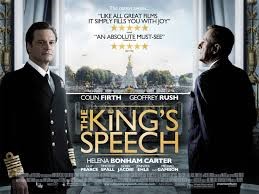The Problem of Having Really Good Plaintiff Cases
If you handle plaintiff cases your dreams are of what I call the “Holy Trinity” cases: Great Liability, Big Damages, and a Well Insured Deep Pocket Defendant. And, even better, you would think, is one after another of those cases. But, as they say, in every silver lining there is a black cloud.
A recent three-week trial provides lessons for long-term career development for trial lawyers principally handling cases for plaintiffs. Since my practice consists of two-thirds defense and one-third plaintiffs (including one nine figure verdict for a plaintiff) I can give you a view from both sides of the “v”. In this case I happened to be defending.
The injuries were initially catastrophic with the plaintiff having “died” (a bit of exaggeration by plaintiff’s counsel in opening statement, but nonetheless she did have a very low pulse and respiration rate) in the ambulance to the hospital. She had been crushed between my client’s semi-tractor trailer and a stopped car in a sorority car wash taking place in a shopping center parking lot. “Squished” was plaintiff’s counsel favorite word in the trial.


